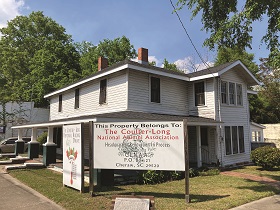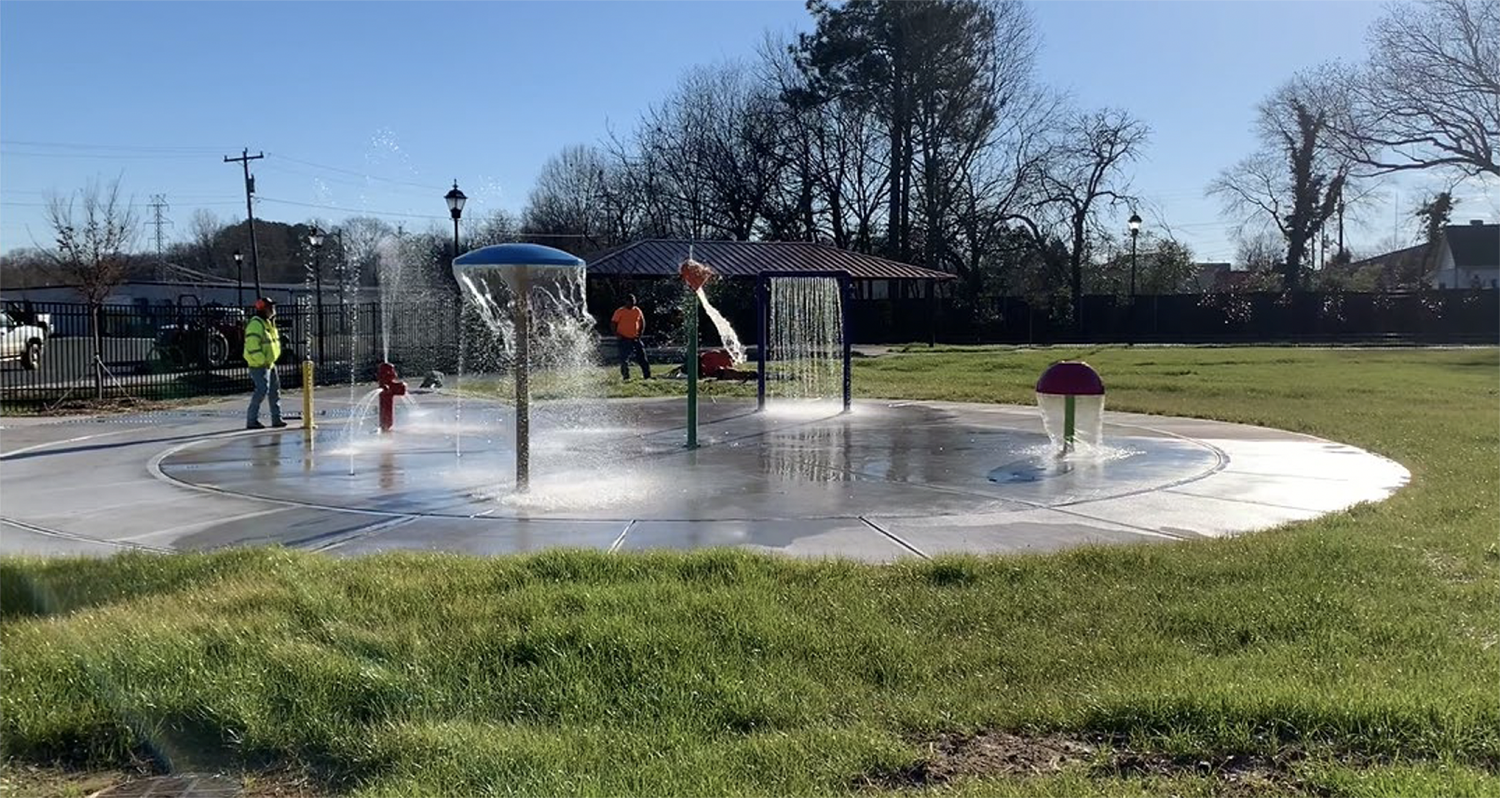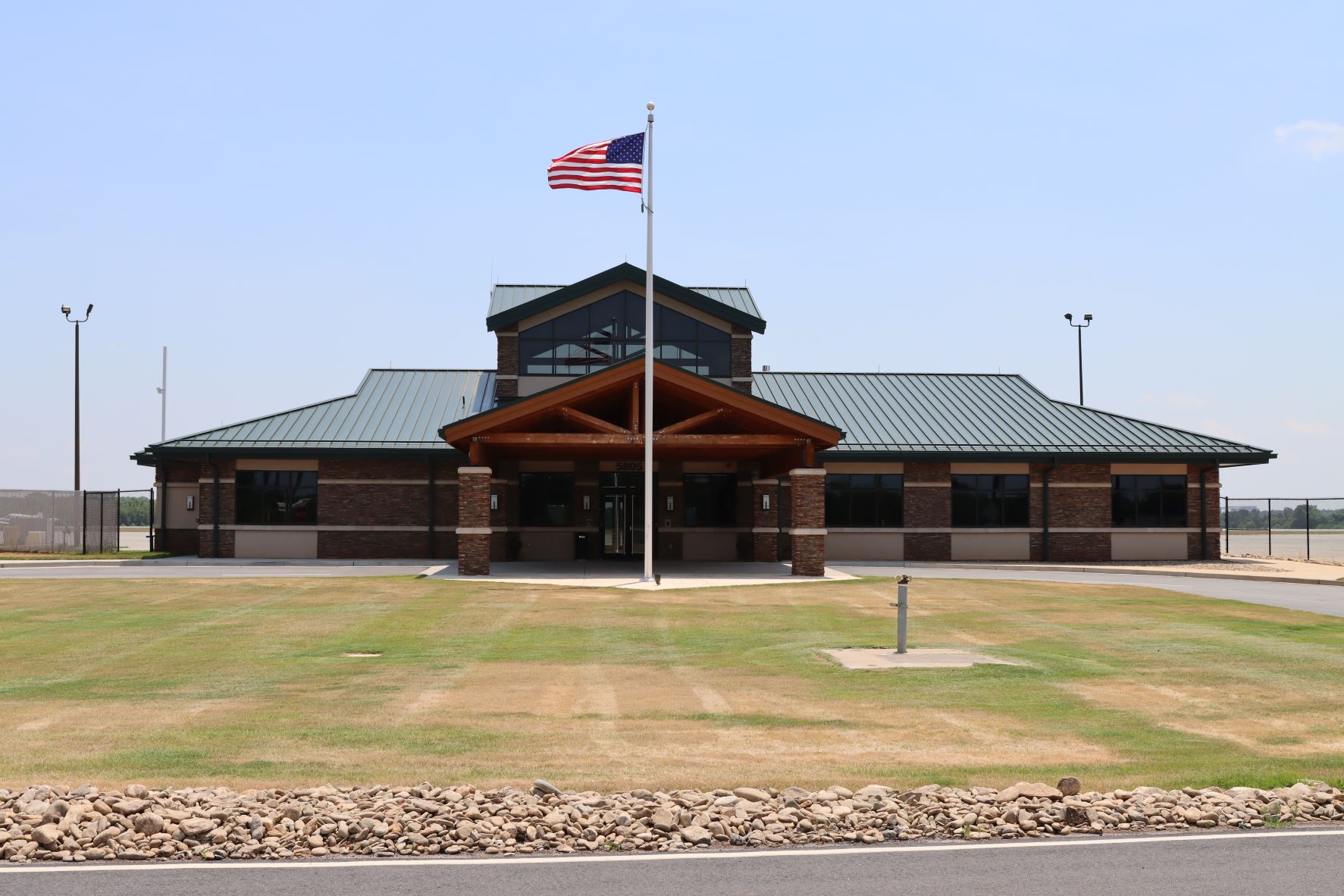For municipalities large and small, government-funded grants help provide funding for infrastructure improvements, building updates, recreational facilities and beautification projects. During the past two years, grants have also provided replacement revenue to help cities and towns “keep the lights on” throughout the economic fallout created by the COVID-19 pandemic.
Some cities have their own employees who work to find grant opportunities then administer the funds once the awards are made. Others use council of governments staff that offer “soup-to-nuts” services from grant application through project completion.
These grant administrators, whether they go by that title officially or not, are diligent record-keepers. After years of experience in applying for and winning grants, they have an almost assembly-line approach to each piece of the process that keeps things running smoothly.
“Just knowing what’s out there is key,” said Rob Wolfe, who is also the Main Street, planning and tourism director for the Town of Cheraw in addition to his grant administration duties. “The applications themselves aren’t that hard.”
A native of Spartanburg, Wolfe has degrees in history and historic preservation as well as public administration. Even so, he said the bulk of his grant knowledge came from on-the-job experience working for the city.
“I learned from my boss, [Town Administrator] Mike Smith,” Wolfe said. “He’s been the town’s guru grant writer for 30-plus years at this point … The number-one piece of advice that he gave me that has worked well so far is don’t try to fluff it up and make it something it’s not. You say what you’re going to do, why you want to do it and why it’s important.”
One major project the town is working on would create a historic district around the site of the Coulter Academy, which opened in 1881 as a boarding school and junior college for Black students in Chesterfield County. The school closed in 1955, but several buildings remain.

Grant funding is key to the preservation plans involved in the Town of Cheraw's efforts to create a Coulter Academy historic district. Photo: Town of Cheraw
The three-phase project began in 2018 and has been grant-funded the whole way, Wolfe said. Once the area attains historic district designation, people and organizations that own the properties in the district will be able to apply for grants to rehabilitate the buildings.
“We have a long-term plan in place and each phase is grant-funded,” he said.
Cheraw also uses state grants to expand the reach of its advertising for its annual SC Jazz Festival.
“We have an advertising budget each year, but this grant money allows us to expand our reach across the Southeast, it acts as a multiplier,” Wolfe said.
Getting that multiplier effect is what drives Neil Parsons, administrative services director for the City of Hardeeville.
“We are giving back to these communities that are lacking,” Parsons said. “People are getting a lot more than they had before. We are improving the quality of life for people, and that’s fantastic.”

Hardeeville used American Rescue Plan funds for workforce training programs
providing certifications in welding, forklift operation and commercial driver’s licenses.
Photo: City of Hardeeville.
Hardeeville has used federal grants for everything from creating trails in the Sumter National Forest to providing police officers with bulletproof vests. The city also works with other municipalities and surrounding counties to get a share of grant funds that go to road improvements in the area that thrives on the tourist trade in nearby Hilton Head Island, Beaufort and Bluffton.
More recently, the town has used its American Rescue Plan funds to help workers affected by the pandemic.
Of the $3.6 million the town received in ARP funds, Hardeeville is using about $145,000 for workforce training. The city is working with a training partner to provide certifications in welding, forklift operation and commercial driver’s licenses. The training is free to participants, which has included about 100 welding graduates and about 75 commercial driver’s licensees, Parsons said.
“Many of these folks have doubled their incomes,” he said. “That’s how we are using the ARP funds in a positive manner and building back communities.”
Hardeeville has also created a nonprofit organization to award grants to small businesses and nonprofit organizations.
“We became the grantors for money coming from ARP,” Parsons said.
Sometimes cities and towns need outside help finding, applying for and administering grants and that is where organizations like the Appalachian Council of Governments and the Catawba Regional Council of Governments come into play.
These organizations help cities find funding for their projects and handle all the record-keeping and other requirements that can get very involved, particularly on federally funded projects.
“Our job is to make it as painless as possible,” said Grazier Rhea, who has worked in grant administration for nearly all her 40 years with the Catawba Regional Council of Governments. “There are just so many rules and regulations.”

The splash pad at York’s City Park was completed with grant funding from the
Land and Water Conservation Fund. Photo: Catawba Regional Council of Governments.
For Community Development Block Grants, which primarily help fund construction projects, there are environmental review assessments that must be done, public comment periods and reports to be sent to several federal and state agencies before work even begins.
Next, the grant administrator checks every employee of every contractor to be sure federal labor laws are being followed and that payrolls are being handled appropriately. All reimbursements must be documented and all matching funds accounted for. Sometimes the grants allow for administrator fees, and sometimes the towns pay for administrator services.
The Catawba Regional Council of Governments had about 35 active grants in mid-2022 — significantly more than their usual 15 to 20 grants open at any one time — and an additional 19 were in the application process.
Rhea said much of the increase came from the Coronavirus Aid, Relief and Economic Security, or CARES, Act that was passed in 2020 to help businesses, municipalities and other organizations recover from the economic effects of the pandemic. Her organization has a lead administrator on each grant and some team members specialize in the highly technical areas of environmental review or payroll. On any given day, an individual administrator could have projects in every phase from grant proposal writing to final check writing.

Grant funding has helped make the new terminal building for the
Anderson Regional Airport possible. Photo: Appalachian Council of Governments.
It is that variety of daily tasks that makes the job interesting, said Arlene Young, grant services director for the Appalachian Council of Governments.
“It’s a lot of moving parts,” Young said. “We work on several different projects in a day.”
Young said cities, counties and nonprofit and educational organizations will come to them with a list of needs and her team’s job is to help find a funding source.
“It’s fun and it’s challenging,” she said. “It’s like putting a puzzle together. Our clients bring to us one piece of the puzzle and we have to find other pieces to put together.”
Grants are the catalyst for innumerable local government projects, and grants administrators are often the ones helping to make them possible. The work requires diligence and attention to detail, but it has the potential to transform communities.
